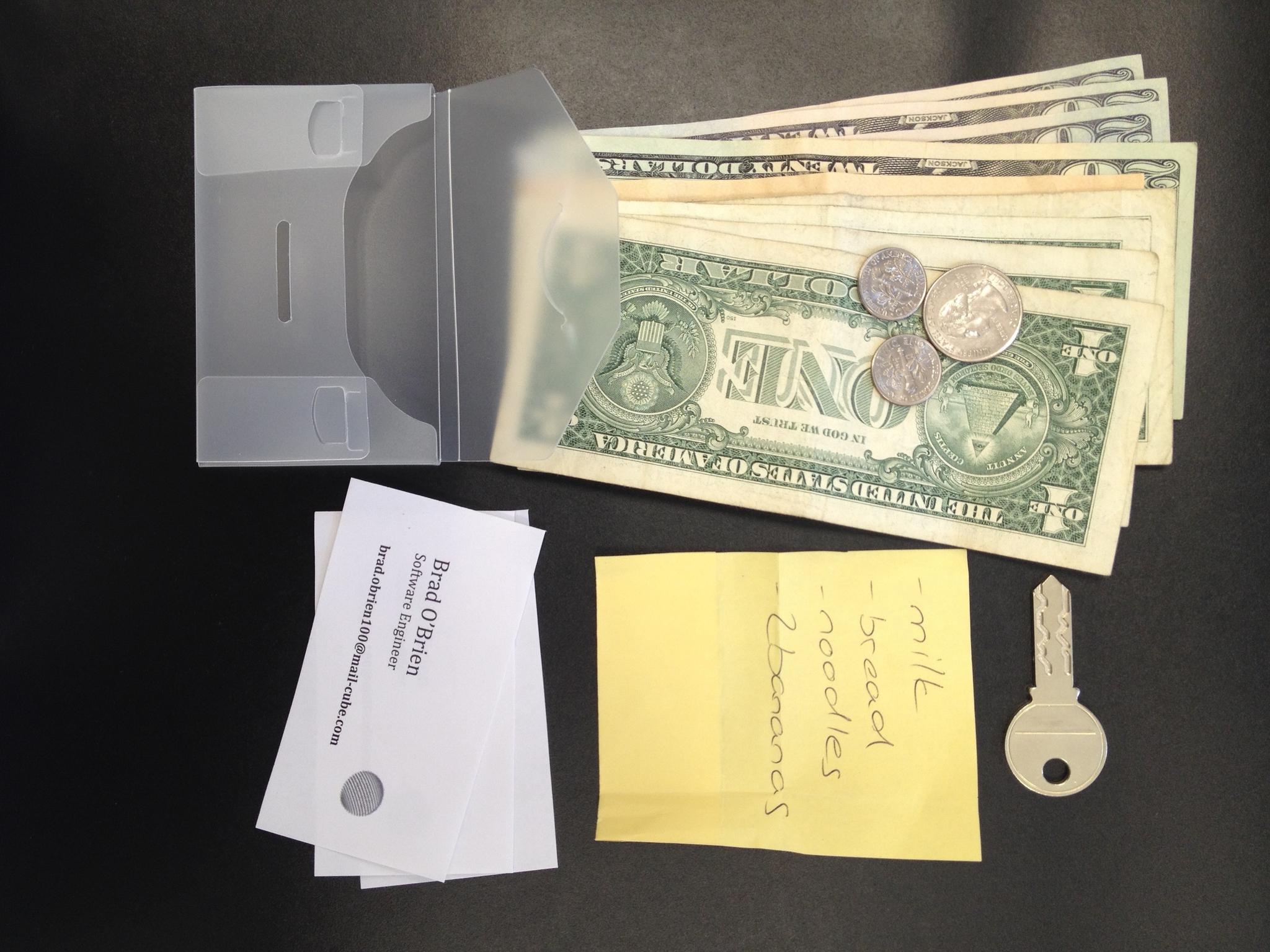What Dropping 17,000 Wallets Around The Globe Can Teach Us About Honesty
Scientists used "lost" wallets to test whether people are more likely to be dishonest when they might profit. The results were puzzling — so they put more money in the wallets.
by Merrit Kennedy
Jun 20, 2019
4 minutes

So picture this: You're a receptionist at, say, a hotel. Someone walks in and says they found a lost wallet but they're in a hurry. They hand it to you. What would you do?
And, would that answer be different if it was empty or full of cash?
Those are questions researchers have been exploring; today, they published their findings in the journal Science.
The experiment started small, with a research assistant in Finland turning in a few wallets with different amounts of money. He'd walk up to the counter of a big public place, like a bank or a post office.
"Acting as
You’re reading a preview, subscribe to read more.
Start your free 30 days

